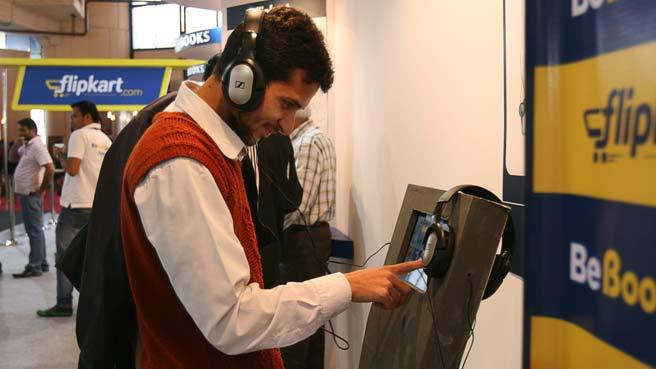
E-commerce firms like Flipkart and Amazon amongt others are doing brisk business in India through constant innovation. But they are yet to see profit.
On Monday, Flipkart introduced same-day delivery. It was one of those moments when, both as a business journalist and consumer, one could not help thinking: “Is there anything this company can’t do?”
Flipkart, which seemingly recklessly pioneered the cash-on-delivery model a few years ago and, against all odds, had returns of no more than 10 per cent, was at it again.
Surely guaranteeing one-day, on-time delivery in a country in a time warp all its own should have been achievement enough?
...

What Flipkart may not be able to deliver for the foreseeable future is profits. Building or leasing warehouses as the company expands into smaller cities will prove an enormous and costly logistical challenge.
And, as everyone from automobile companies to fast-moving consumer goods (FMCG) firms is discovering, the purchasing power of the Indian middle class is not growing as fast as it was projected a few years ago.
Big retailers are mostly awash in red ink and sales per square foot are declining.
...
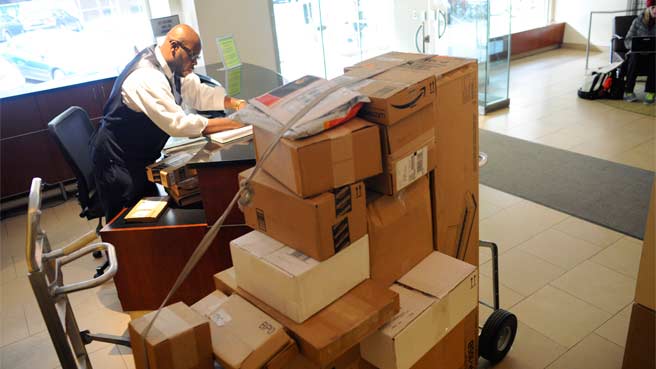
This is not only because of competition from e-tailing. Years of high inflation is cutting into consumer spending broadly even as outlets opened apace.
And not even e-commerce CEOs claim that anyone is doing their primary shopping on their websites. Flipkart initially made its name by delivering books; a good customer buys all of Rs 2,000 worth of books — in a year.
Its big seller these days is electronics. I bought a Google Nexus 7 tablet off their site just before Christmas, dwarfing all I had spent on books on the site.
...

On a visit to Business Standard late last year, Sachin Bansal, Flipkart founder and CEO, charmed the staff who trooped in early on a Saturday to listen to him.
But he sounded a little defensive when he said he wanted to “pre-empt” questions on profitability. “It’s not that our business is fundamentally unprofitable.That’s a wrong perception,” Mr Bansal said. “At a gross [income] level we are making money. We are putting it all back into the business.”
But scaling up from Flipkart’s current market of 200 cities and towns will require a lot of money and a lot of patience.
...
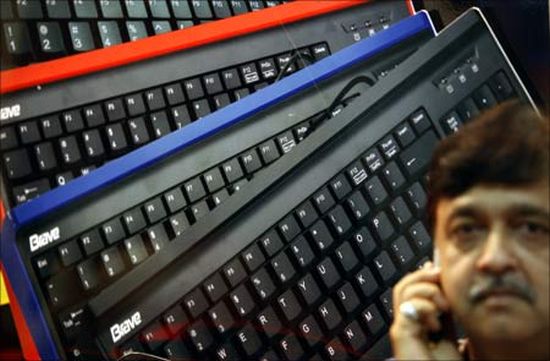
No one is disputing that the e-commerce market is growing dramatically in India.
Technopak, the consultancy, projects it will grow from $2.3 billion this year to $38 billion in 2019. It will still account for just four per cent of all retail sales in this country.
One of the potential problems is that e-commerce is on its way to becoming mobile commerce in India, as smartphone penetration far outpaces personal computer (PC) penetration. As Mr Bansal himself admitted, conversion rates to actual sales on the smartphone are about half those on the PC.
Think about your e-tailing shopping behaviour for a second and it makes sense. We might browse on smartphones, but we are much more likely to buy when sitting at our computers.
...
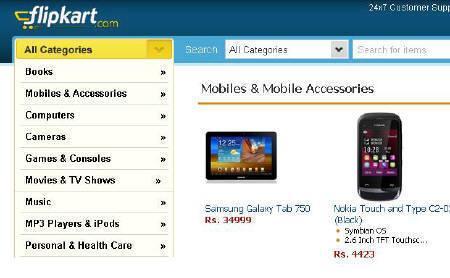
The use of PCs and notebooks is practically stalling in India, however, at much lower levels than in the United States or China. The 49 million PC and notebook users in 2013 will grow to just 55 million in 2019.
By contrast, smartphone users will spiral upwards from 65 million last year to 365 million in 2019, according to Technopak.
Perhaps these new users will transact as easily as we text and email today, but I wager that as the e-tailing ecosystem becomes that large in India, transaction sizes will not grow commensurately.
(Most of the business done on the Internet today is done on travel websites, including that of the Indian Railways.)
Call me a Luddite for not believing this leapfrogging myth, but the low penetration of PCs is another reminder that India isn’t following China or the US’ trajectory of growth.
...

Bansal, like just about everyone in e-commerce, makes comparisons to the growth of e-commerce in those two countries, but the parallels seem stretched.
Run a ruler down the per capita income tables put out by the World Bank and you find India’s per capita income in 2012 was $1,503, well below China’s ($6,091), Thailand’s ($5,480) or even Indonesia’s ($3,557). Alibaba, China’s largest e-commerce company, recently reported that its fourth-quarter (October-December 2013) revenues were $3.1 billion.
To put that in perspective, Alibaba’s quarterly revenues are only a little less than India’s total annual online sales (Rs 22,400 crore, or $3.7 billion) for fiscal 2013-2014, according to a new survey by Crisil.
As with nearly all China-India economic comparisons, they are running in the Olympics; we are just learning to walk.
...
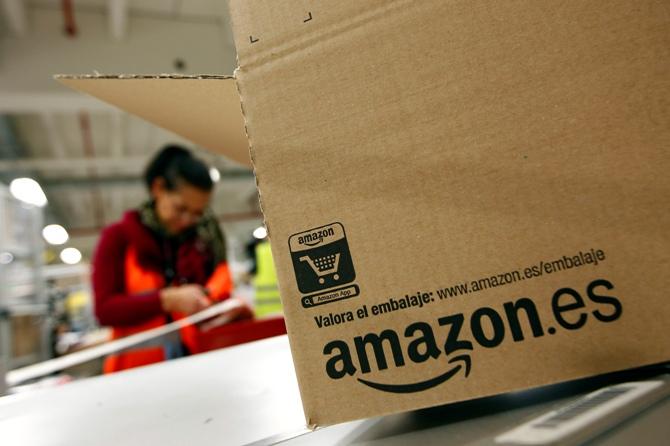
Amazon’s results released last Thursday showed how difficult it is to make money in this business, even in the US.
Amazon reported first-quarter revenues of almost $20 billion, but net income was a mere $108 million.
As a stock market rout in the US engulfs the shares of Amazon, Twitter, Facebook et al, investors appear to be asking rude questions about the profitability of the e-commerce dream merchants.
When he visited a few months ago and spoke to a standing room crowd of reporters, Mr Bansal talked a good game on profits. “At some point we have to look at profitability,” he said. “We are not a charitable business.” If you are a Flipkart customer, bless their overburdened delivery staff and enjoy the ride while it lasts.